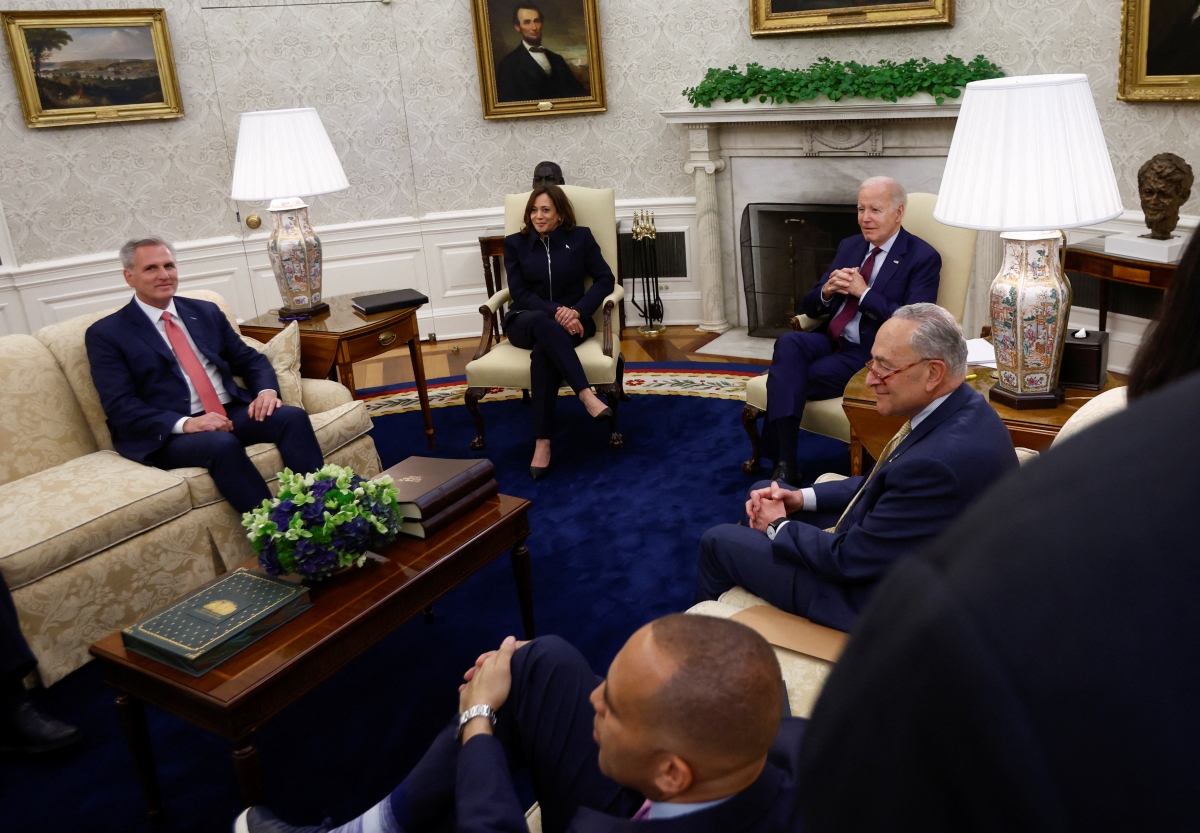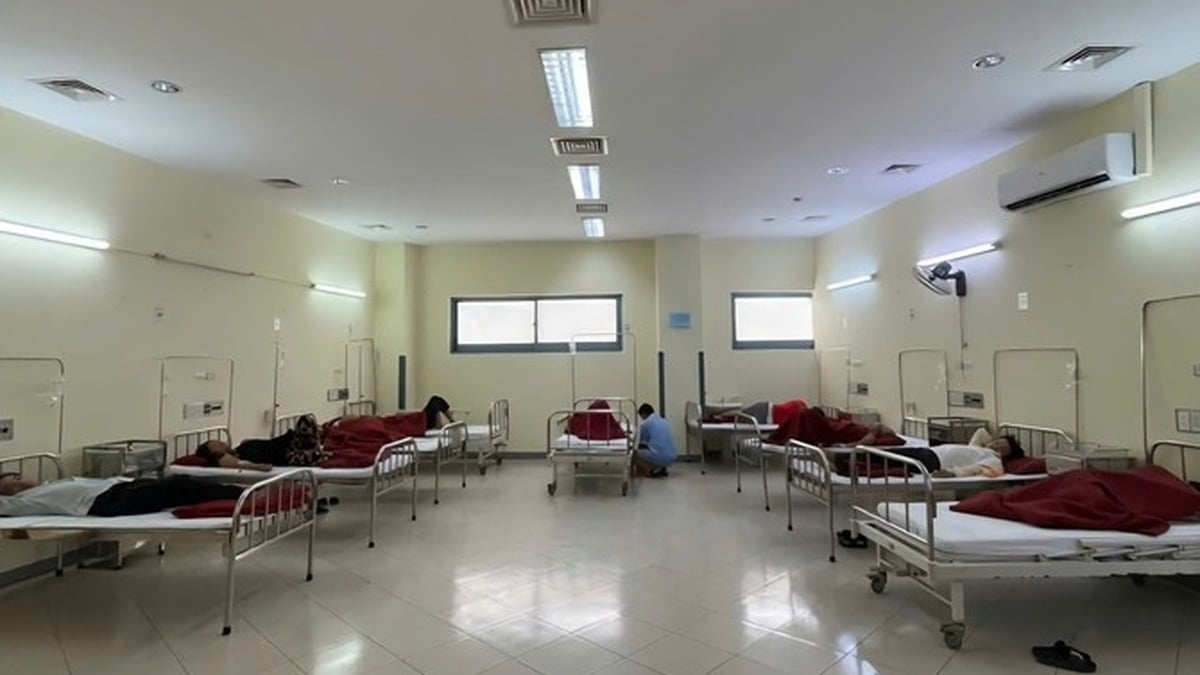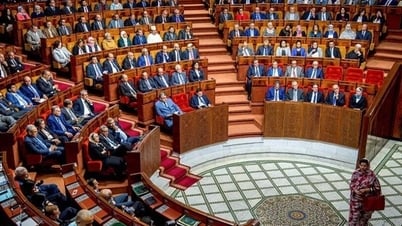After the latest four-hour meeting at the White House, US House Speaker McCarthy said that negotiations on raising the debt ceiling have improved and the two sides will continue in the coming hours.

McCarthy predicted a deal would be reached, although some issues remained unresolved: “First of all, let me tell the American public that I am not giving up. We are not going to default. We are going to solve this problem. I am going to stick with it until we can solve it. But let’s be honest about this. We have to spend less than we did last year. It is not my fault that the Democrats can’t get off their spending.”
White House press secretary Karine Jean-Pierre also confirmed that negotiations are still going well and that the two sides can absolutely agree on a common agreement on raising the debt ceiling - receiving broad support: “The Speaker himself has publicly acknowledged that, for any agreement to pass the House and Senate and reach the President's desk, that agreement will need the support of Democrats and Republicans. That is the reality that we are facing. The President's team will continue to negotiate in good faith to reach a reasonable bipartisan budget agreement. That is what the President and the top members of Congress have agreed on. That is what they have tasked their team to achieve from the beginning.”
The process of negotiating to raise the US debt ceiling is becoming more urgent than ever, as the time when US Treasury Secretary Janet Yellen warned that the government could default on June 1 is approaching: “It is highly likely that we will run out of resources to meet all of the government’s obligations by early June, possibly as early as June 1. We do not see many resources remaining that will allow us to pay for operations through mid- or late June. The Treasury Department and President Biden will face very difficult choices if Congress does not act to raise the debt ceiling.”
The US Treasury Secretary is expected to update Congress soon on the government's financial situation; at the same time, he warned that the prospect of a US default would be catastrophic, leading to a series of other risks such as millions of unemployed people, affected pension benefits and the risk of an economic recession.
In a recent proposal, Treasury Secretary Janet Yellen outlined a plan to freeze government spending at current levels to help reduce the deficit by $1 trillion. She said the White House budget plan, which commits to reducing the deficit by $3 trillion over 10 years, and new measures proposed by President Biden in negotiations would help increase that reduction.
Meanwhile, the Republicans claim their spending plans will cut the deficit by $4.8 trillion over 10 years./.
Dinh Nam/VOV1 synthesis
Source link


























![[Photo] National Assembly Chairman Tran Thanh Man visits Vietnamese Heroic Mother Ta Thi Tran](https://vphoto.vietnam.vn/thumb/1200x675/vietnam/resource/IMAGE/2025/7/20/765c0bd057dd44ad83ab89fe0255b783)









































































Comment (0)